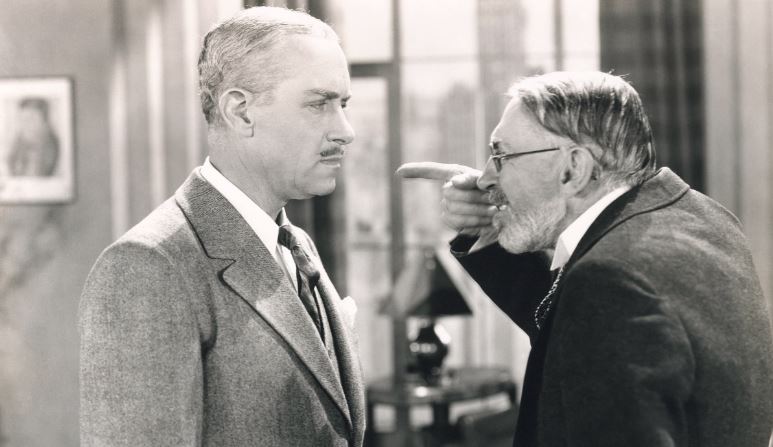“If you were me, what would you do?”
Sharing your experience is better than giving advice and I can prove it with a common example in a restaurant.
My wife frequently asks our server for advice when she is stuck between two items on a menu. It always makes wince.
Without fail, our helpful waiter launches into specific advice, “You must try the salmon! Our chef prepares it like no other and it pairs perfectly with the garlic mashed potatoes.”
My wife typically responds with a smile, “I think I will go with the cheeseburger.” The waiter awkwardly writes down her order, and I avoid eye contact while putting in my order.
Sharing Your Experience Is Better Than Giving Advice
Last year, a friend asked me this question regarding an investment he was considering. He laid out his perspective on the pros and cons before asking for my advice on how to proceed.
Answering his question directly was lose/lose from my perspective. How could I possibly understand every variable to make a decision for him?
Instead, I told him two stories about similar opportunities I was presented with.
- I passed on one and regretted it.
- I invested in another with great results.
Next, I explained my perceived floor and ceiling for each investment and how I thought about each decision.
That’s all.
He could learn from my perspective without the burden of my direct advice. The question of, “What you do if you were me?” is nonsensical for several reasons:
- I’m not you.
- I have no idea what it’s like to be you.
- I don’t have to live with your decision.
This is how I typically respond,
I can’t tell you what to do but let me tell you how I made a similar decision.
Influence Is Not About Giving Advice
I raise capital from private investors for various projects and startups. When I deal with someone’s personal finances, I want them to feel 100% in control of their decision.
My role is to help someone make the decision on their own while avoiding direct advice. I do this with a series of questions that I outline in detail here. Only then do I start to share my perspective.
I do this by providing as much information as possible, both on the upside and downside. The last thing I want is for someone to feel like they were sold.
When raising capital, I use language like, “I’m sure you have your criteria for investing. Can I tell you how I made the decision to invest my personal capital in this deal?”
This might help them think about their decision from a different perspective but they have to live with their choice. My advice should be inconsequential.
If someone who works for me is stuck in a rut, I use a similar approach, “I can see you’re frustrated. Can I share something that worked for me in a similar situation?”
My goal is to help you think more broadly by sharing quality, pertinent information that is related to your situation.
Advice Only Adds To Someone’s Burden
A college senior recently reached out to me for advice, “Should I start off in sales after graduating as you did?”
Answering this question directly has the potential to do more harm than good. My decision was made 20 years ago and we have different motivations, strengths, and career aspirations.
I responded with, “My situation was much different, but I can tell you how I chose sales based on my personality and strengths.”
People don’t like to be told what to do and advice is rarely helpful. If you tell someone what to do, they won’t have the same conviction. People also find it incredibly difficult to discern good advice from bad advice.
If your advice fails, they might even blame you. In addition, giving someone advice adds one more burden to that person’s plate. Now they must think about potentially offending you if they don’t take your advice.
This is clearly a burden my wife doesn’t consider when she orders cheeseburgers. But an experienced waitress will respond to my wife’s query by sharing her experience rather than giving advice, “I’m not an expert on cheeseburgers but they are quite popular with our regulars. Salmon is what I typically take home with me after a shift.”
She offers no advice but gives just enough color to help my wife justify the choice she is leaning toward. Neither decision will go against any specific advice.
As a leader, your experiences can help someone think differently. If they are stuck in a rut, it might be perspective that they lack.
I am always happy to share my experiences but try to avoid direct advice. If I’m not you, how can I tell you what to do?
Are you interested in similar content on leadership, management, and careers? Receive articles and updates like this directly to your email.
We value your privacy and will never spam you.
